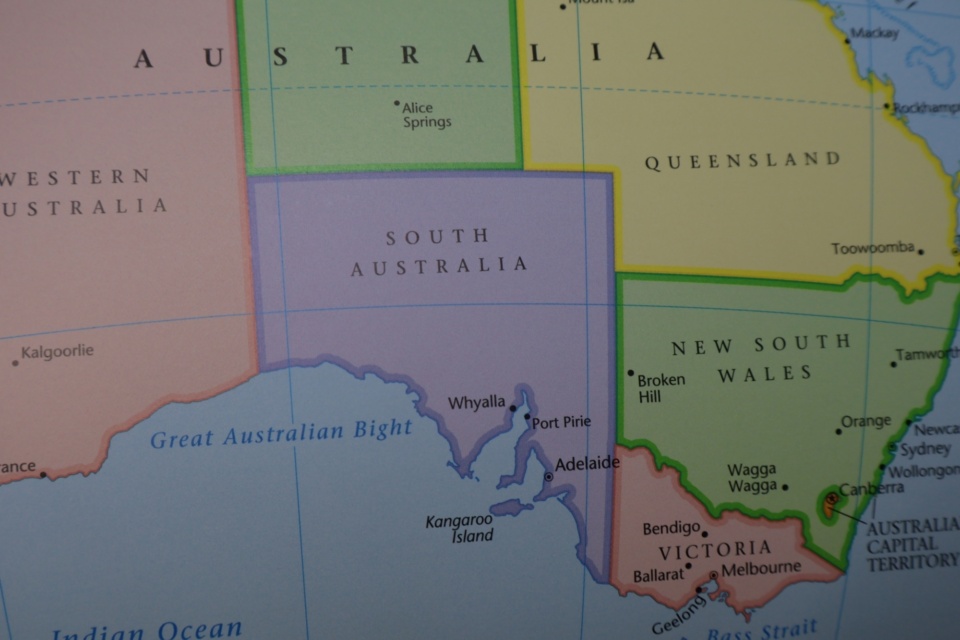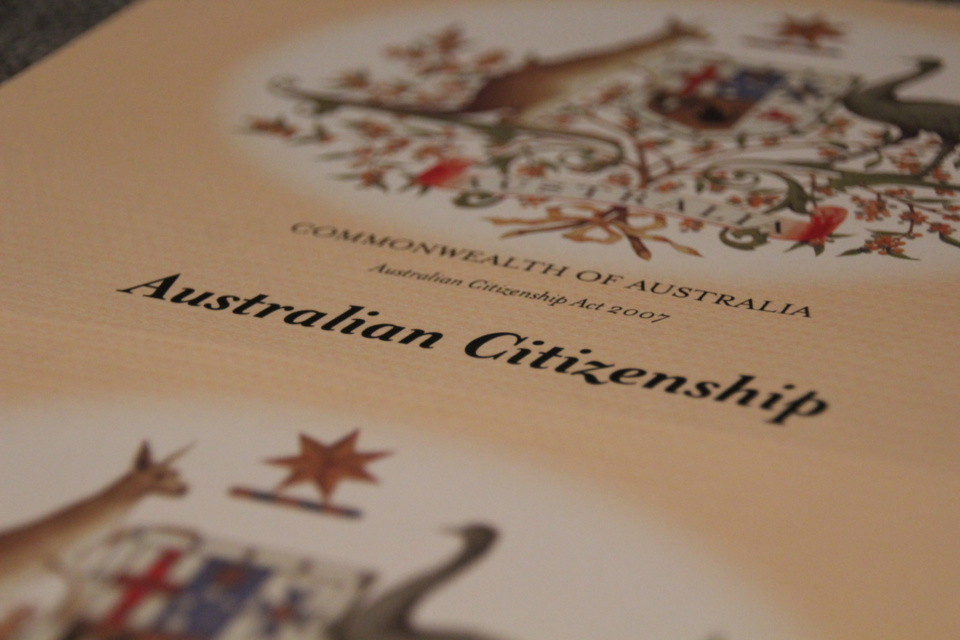
One Nation’s chances as a dominant conservative party are piñata-like
Posted on 11 Feb 2026
Opinions polls insist Pauline Hanson's fortunes are on the rise, but it is likely that enthusiasm…
Posted on 06 Aug 2024
By Denis Moriarty

Through the extended run of the Abbott, Turnbull and Morrison governments, the Labor opposition was able to make quite a thing of the incessant examples of bias, political motivations and impropriety in the Commonwealth’s grantmaking processes (in, say, the Sports Rorts affair).
Grants would be announced for organisations that met certain criteria, and conscientious public servants would review the applicants, reject those that didn’t qualify, and rank the remainder in terms of how well they fulfilled the expressed aims of the projects. At which point the minister’s office (or the PM) would step in and shuffle the lists so that the electorates they wanted to win, or the organisations they wanted to pay off, came to the top and were awarded the money.
There were government policies on the books that – if they’d been followed – would have made this ministerial porkbarrelling harder. The official Commonwealth Grants Rules and Guidelines, brought in by a Coalition government in 2017, stated that the minister “must not approve the grant without first receiving written advice from officials” and “must record, in writing, the basis for the approval”.

Ministers could override their experts’ advice, but they had to give reasons for it. Which is, surely, what we as citizens want: for disputable cases to be argued out, with the best argument winning, rather than for the minister simply to use our money as their own slush fund. My business – Our Community – works alongside the not-for-profit sector, and I can assure you that this is the minimum community groups expect.
The Labor shadow minister at the time, Andrew Leigh, condemned the government’s failure to follow these guidelines in the strongest terms.
Leigh is a talented, progressive, honourable minister dedicated to promoting efficient and data-based government programs, and the Labor party sent him out to announce the government’s response to the recent Productivity Commission report on philanthropic giving in Australia.

The Commission’s report took submissions from organisations across the not-for-profit sector, called in economists, reviewed the literature, checked out current policy against its professed aims of encouraging philanthropy, and reported that Australia’s system for deciding what organisations qualified for tax deductible donations was a dog’s breakfast with “no coherent policy rationale”. The Commission made its case in 73 closely argued pages as part of a 458-page report. It recommended, broadly, that government subsidies – which is what donation tax privileges are – be reserved for gifts that generate net community-wide benefits, can’t simply be replaced by grants, and don’t generate private benefits for donors.
The Commission looked at the existing categories of deductible donations, and found that the one that stood out as not meeting those goals was school building funds. These helped the rich more than the poor, and were being rorted. It recommended that this stop.
"But this kind of contemptuous two-line dismissal isn’t just bad policy, it’s a firm statement of opposition to the whole concept of rational argument."
The government’s response, announced through Minister Leigh, was that it will consider all recommendations except one. “The recommended changes to tax settings for donations to school building funds are not being considered. A world-class education system is essential to tackling inequality, driving economic growth and supporting well-paid, secure jobs and our school system is a key part of it.”
Leigh’s statement doesn’t approach being an argument. The second sentence is a complete non sequitur. Yes, a world-class education system would be a good thing; so why don’t we try to have one? As Andrew Leigh pointed out before coming into government, “evidence suggests that literacy and numeracy scores have stagnated or fallen since the 1970s – despite a doubling of resources”.
Effectively, the government’s response has been an uplifted middle finger. In Andrew Leigh’s words at another time, “Given the minister has not been able to provide any credible or documented rationale for [his] decision making, [we] can only conclude that [he] applied considerations that were politically motivated and inconsistent with the published guidelines.”
Obviously, governments aren’t bound to rubberstamp every recommendation of every inquiry. I disagree with some of the report’s findings myself (I think sports clubs should have deductible gift recipient status, for instance). But this kind of contemptuous two-line dismissal isn’t just bad policy, it’s a firm statement of opposition to the whole concept of rational argument.
Frank Sinatra’s secretary once turned down an invitation for Ol’ Blue Eyes to sing at a charity performance, saying “Frank doesn’t like tomatoes.” What the hell’s that got to do with anything? asked the charity. “When Frank doesn’t want to do something, any reason’s a good reason,” replied the secretary.
Whatever advantages this rationale has for Mr Sinatra (or the Liberal party, who are all for private schools), I’m uneasy with it being a principle of Australian government.
Denis Moriarty is group managing director of OurCommunity.com.au, a social enterprise that helps the country's 600,000 not-for-profits.
We're proud to take a stand on progressive issues. Here's a taste of our commentary.

Posted on 11 Feb 2026
Opinions polls insist Pauline Hanson's fortunes are on the rise, but it is likely that enthusiasm…

Posted on 28 Jan 2026
This year’s Adelaide Writers’ Week began with the cancellation of a talk by Palestinian-Australian…

Posted on 17 Dec 2025
Posturing by the US president about Europe's immigration policies, even warnings of future…

Posted on 03 Dec 2025
If you wanted an example of the problems inherent in federal systems, you couldn’t do better than…

Posted on 19 Nov 2025
When it comes to loyalty to car brands, it can be confusing who we should support, and, even more…

Posted on 05 Nov 2025
Before the Prime Minister gets too excited about his recent meeting with the American President, he…

Posted on 14 Oct 2025
The idea of "long term" is not something that sits well in the social media era, yet governments…

Posted on 30 Sep 2025
I am proud of what Our Community, and its exceptional team, have achieved in the past 25 years. As…

Posted on 16 Sep 2025
Happy Australian Citizenship Day! To mark the occasion, Our Community leader Denis Moriarty takes…

Posted on 02 Sep 2025
Words live, evolve, and sometimes die. Some words are invented from scratch, some are old words…

Posted on 26 Aug 2025
The cost of the National Disability Insurance Scheme (NDIS) is climbing relentlessly – $44 billion…

Posted on 04 Aug 2025
The new leader of the Liberal Party, Sussan Ley, wants to increase the proportion of women…